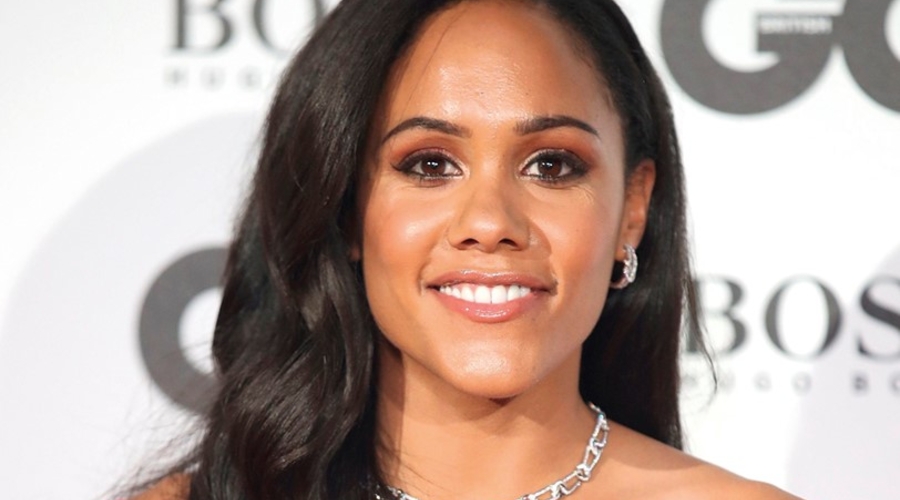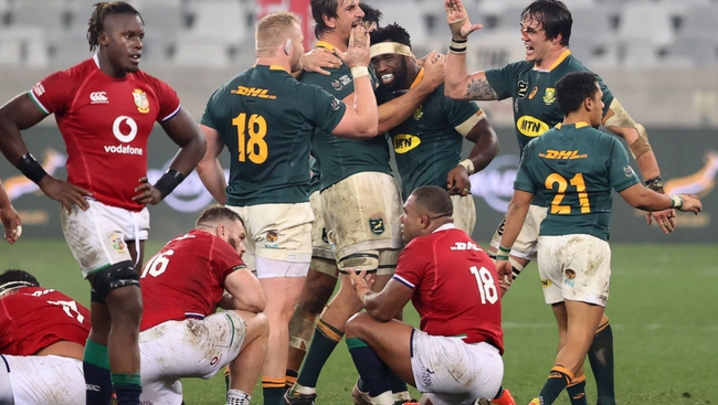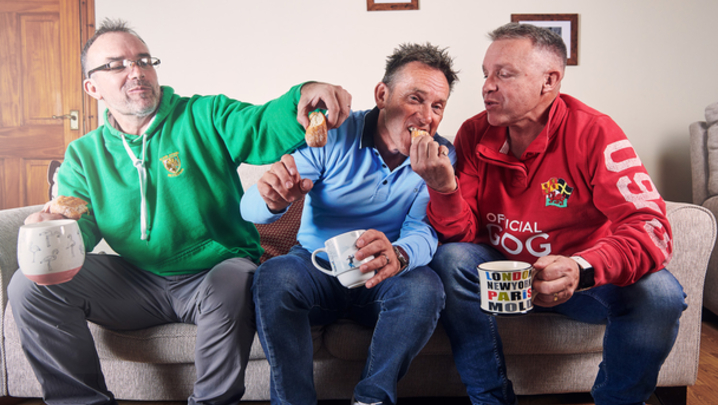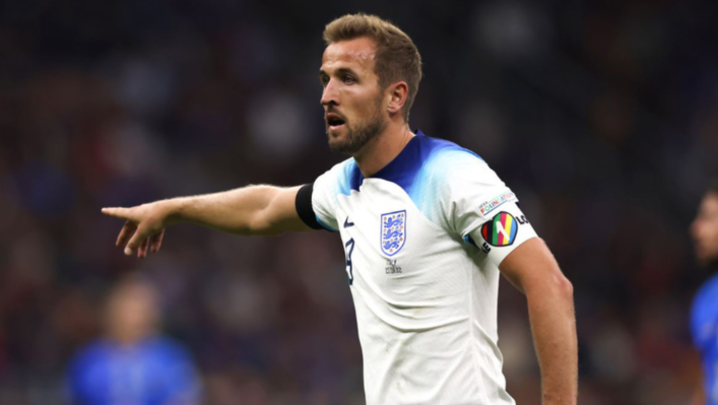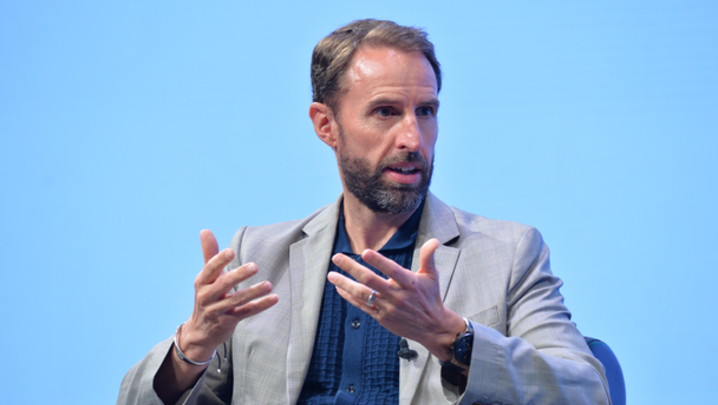Alex Scott, a BBC TV commentator at the Women’s World Cup, relishes how football is empowering women
Being at the Fifa Women’s World Cup in France as a BBC TV pundit this year was amazing and very different to when I was a player. My job was mostly to provide game analysis at the matches in the tournament where the major teams were playing, especially England and the title holders, the US.
That meant travelling up and down France to attend 16 of the 52 matches and, of course, watching all the other games. That way, I stayed in touch with the tournament. Plus, I did some extra filming for events, including the World Cup legends match and in a recording studio with French rapper JXSE.
So for the whole of the World Cup I was running full-on, but I wouldn’t have wanted to be doing anything else. It was particularly good to experience the atmosphere in the bars and cafés with people from all countries before and after the games.
You don’t get to see that as a player and yet that’s what makes these tournaments so special.
Being a football pundit is the best job ever after having been a player, but it’s a totally different kind of pleasure. When I went to the Men’s World Cup in Russia last year with the BBC, it was my first time as a pundit at a tournament and I loved it. Just talking football was great fun. Since then, I’ve been working regularly for the BBC and for Sky Sports at international matches and Premier League games.
Now it’s normal to have women as pundits on the men’s game and vice versa. In France, I often had the ex-Manchester United and Aston Villa player Dion Dublin next to me.
"Having the Lionesses on TV so often has inspired many women and not just in sport."
The thing about being a pundit is that you can’t just turn up and talk. I do plenty of research – although, of course, I already knew the teams and many of the top players in the Women’s World Cup because I only stopped playing as a professional in 2018. I’d spent 16 years playing the game, mostly for Arsenal but also for three years in America.
Being able to walk into the US team hotel to find out how everyone felt before a game gave me some real insights for my role as a pundit. Plus, I was a teammate to many of the England Lionesses at the last World Cup. I had lots of background stories about the squad.
I played in three World Cups, starting in China in 2007. I was so proud singing the national anthem back then and incredibly excited because it was the first time our women had qualified for this tournament in 12 years.
The media suddenly took an interest when we reached the quarter-finals that year, and the BBC showed the game live rather than highlights. Sadly, we got thumped by the Americans.
Everyone thought we were crap, but that wasn’t true because, eight years later, I played in the England team that won the bronze medal. This raised the profile of the women’s game hugely.
You can’t really compare playing in a World Cup to talking about it. But this year I was part of the amazing amount of media coverage that the women’s game received. I’m recognised more than ever now. I was in loads of selfies taken by fans in France. Everyone was so encouraging, wishing me luck because the fans know that part of my job is to promote the women’s game.
Having the Lionesses on TV so often has inspired many women and not just in sport. I did a talk at a conference last month to a group of women in finance. They told me how the Women’s World Cup was so empowering for them, too. It’s amazing for women footballers to do that.
Alex Scott MBE made 140 appearances for England and represented Great Britain at the 2012 Olympics.

